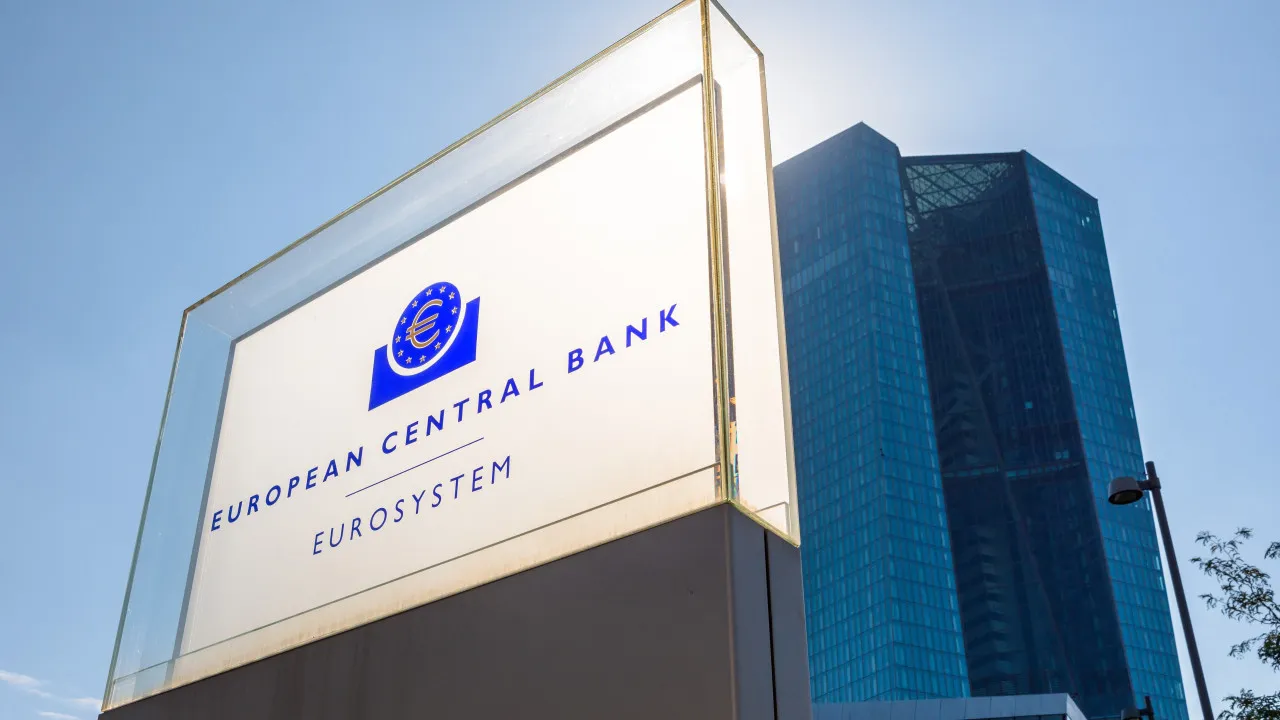
Caracas, March 30, 2025 — The gap between the official exchange rate of the dollar and its value on the parallel market has widened significantly in Venezuela in recent weeks, causing concern among citizens, including those of Portuguese-Venezuelan descent, who fear a rise in inflation.
Local social media reported that on Friday, the parallel dollar was valued at approximately 104.00 bolívares (1.38 euros), while on the same day, the Central Bank of Venezuela established an official exchange rate of 59.56 bolívares (0.8 euros).
“The black market, which sets the parallel dollar rate, is prohibited in the country and until mid-2024, it was practically inactive, with values very close to the official rates. But since the last quarter of the year, the difference started to grow, and more people are quoting the parallel value as the daily exchange rate,” said a merchant.
Merchant Alex Calderón Aguiar stated that although the Venezuelan currency is the bolívar, prices for goods and services are pegged in dollars at the daily exchange rate. However, the population cannot obtain dollars at official rates from banks and exchange houses, which has put pressure on informal prices.
“More and more people are posting on their WhatsApp status that they are buying a certain amount of dollars, and increasingly, Venezuelans are offering dollars in shops at rates significantly higher than the official ones,” he explained.
Several entrepreneurs have reported difficulties in restocking some products even when using official reference rates, as they have to pay more bolívares for invoices even when paying in cash.
“This exchange rate differential revives fears reminiscent of past years when Venezuela experienced historically high inflation. Furthermore, prices in dollars fluctuate constantly, driving local currency values up,” explained Alex Calderón Aguiar, emphasizing the need for authorities to strengthen efforts to control the Venezuelan exchange market.
Entrepreneurs also fear that currency volatility could exacerbate daily challenges for citizens and reduce consumption, which, coupled with increasing taxation and rising service costs, could force some businesses to close down.
However, a small number of Venezuelans consider themselves privileged as they work remotely for foreign companies that pay them electronically in foreign currencies, which they can then exchange locally.
“This situation has not affected me because I earn euros that I can exchange, but I notice that things have become more expensive in dollars. During the COVID-19 pandemic, I spent 60 dollars a month on basic purchases for my family [of three people], and now I spend that in less than a fortnight,” said Lisette Fernández.
Working in customer service for a Spanish company, she noted, “The problem is that inflation is dollarized.”
“In Venezuela, not everyone is in my situation. The minimum wage is set in bolívares, and some companies provide dollar bonuses, but these do not count towards compensation when changing jobs,” she stated.
The Venezuelan Finance Observatory (OVF) reported that in February 2025, Venezuela recorded 12.8% inflation and an accumulated rate of 117% over 12 months.




